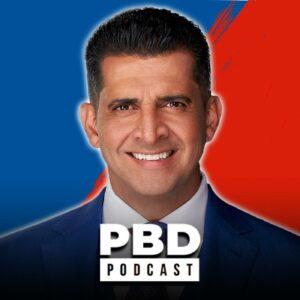
In this episode of “The Narcissistic Abuse & Trauma Recovery Podcast,” the speaker delves into the science behind why individuals may struggle to lose weight after experiencing narcissistic abuse. Drawing from personal experience, the episode explores the impact of stress and trauma responses on weight loss efforts. The podcast aims to provide hope, education, and support for those navigating the devastating effects of narcissistic abuse.
The podcast explores the effects of narcissistic abuse on weight loss and trauma responses. The speaker shares her personal experience, highlighting the emotional and psychological toll of being in a relationship with a covert narcissist. Stress from narcissistic abuse can significantly impact an individual’s desire to lose weight, making it a challenging process. The episode provides hope and education for those struggling with weight loss while navigating or recovering from narcissistic relationships.
Stress and trauma, including factors like pregnancy and the fight-flight freeze response, can contribute to weight gain and make it difficult to lose weight. Narcissistic abuse can cause significant stress and trauma, which can trigger the release of cortisol, a hormone associated with weight gain. It is essential to seek help if narcissistic abuse becomes life-threatening. Additionally, practicing self-love and self-care is crucial for healing from trauma and improving overall well-being.
Narcissistic abuse can evoke trauma responses, even in the absence of physical danger. These trauma responses can cause the body to hold onto fat as a survival mechanism. Exercise, while beneficial for overall health, can also produce more cortisol in the body, which may hinder weight loss efforts. Struggling to lose weight may be a result of being in a trauma and stress response, even if the person appears to be functioning normally. It is important to address these underlying trauma responses to support weight loss goals.
To support weight loss efforts, it is crucial to calm the nervous system and work at a system level. Trauma responses can hinder weight loss, and addressing them through inner work is essential. Additionally, monitoring blood sugar, fat, and gut health through tools like the Zoe app can provide insights for weight loss strategies. Working with professionals such as nutritionists and psychology coaches can also be beneficial in addressing the emotional relationship with food and creating sustainable habits.
The “The Narcissistic Abuse & Trauma Recovery Podcast” episode on struggling to lose weight after narcissistic abuse sheds light on the impact of stress, trauma responses, and emotional relationships with food. It emphasizes the importance of seeking help, practicing self-care, and addressing underlying trauma to support weight loss goals. Healing the metabolism and creating sustainable habits take time, patience, and consistency. By understanding the science behind weight loss struggles, individuals can move from surviving to thriving after the trauma of narcissistic abuse.